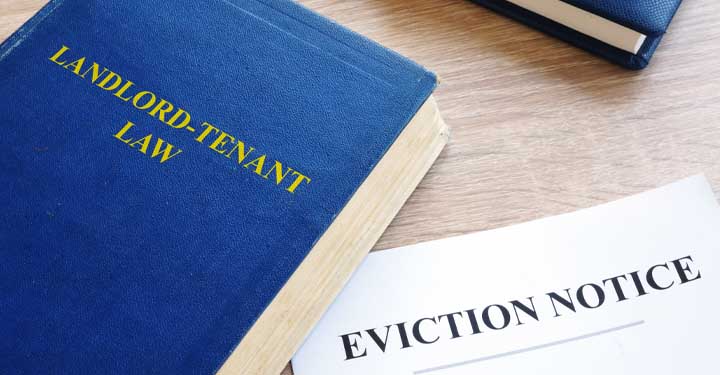What is NOT changing for landlords?
No-grounds evictions
In the lead-up to the announcement of the property industry reforms that are to take effect on 23 March, some landlords were concerned that the ability to issue no-grounds evictions would be lost under new legislation.
No-grounds evictions are an option where landlords could evict a tenant – with 90 days’ notice if the tenant was on a lease or 30 days’ notice if the lease had expired – with no actual reason stated. That is, the landlord would not be required to disclose a reason, or to prove that a tenant had failed to meet any of their obligations.
When consultation began in preparation for the property industry reforms, some tenants’ rights groups campaigned to have no-grounds evictions abolished. Their arguments were that this type of eviction could be a tool that unscrupulous landlords could use to retaliate against tenants who had done nothing wrong but may have asked for something the landlord didn’t like, such as a repair or permission to get a pet.

Some landlords felt that if no-grounds evictions were abolished, landlords may be forced to remain locked into lease agreements with tenants, even if their circumstances changed. There are many unforeseen variables in investors’ lives, and sometimes a landlord can need to change the way an investment works for them. Landlords were justified in being concerned about this.
The good news is that the NSW government has decided that landlords need access to this kind of flexibility, and have left laws around no-grounds evictions as they were.
As property managers, we certainly would not recommend having a no-grounds eviction as your Plan A; if you know you’ll be renovating to sell in five months or letting your cousin move in after Christmas, we would recommend signing your tenant up on a shorter-term lease. However, we understand that sometimes things change, and you might need to move into your investment property or sell it if you need the funds for another purpose, and we will always be here to advise you on the best option for you, your tenants, and your investment.
Click here to read about the new lease break fee laws commencing 23 March 2020.
Click here to read about the new smoke alarm laws commencing 23 March 2020.
Click here to read about the new laws about minor alterations commencing 23 March 2020.
Click here to read about the new laws about minor alterations commencing 23 March 2020.
You can read more information about the reforms to tenancy laws here.
By Rebecca Nutley




